US FDA approves Krystal Biotech’s Vyjuvek for DEB
Pharmaceutical Technology
MAY 22, 2023
Vyjuvek is a non-invasive, topical, re-dosable gene therapy that delivers functional human COL7A1 gene copies to offer wound healing. We offer our sincere gratitude to DEB patients, caregivers, investigators, US regulators and our employees who made this approval possible.

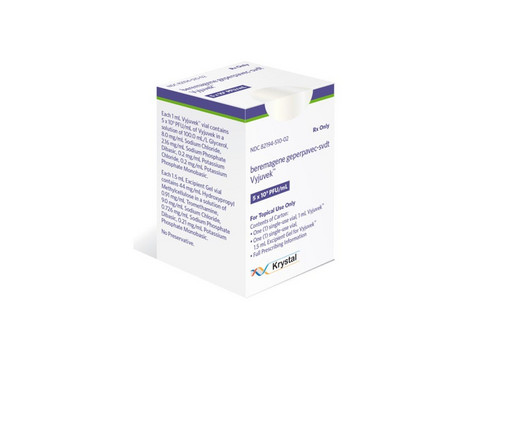

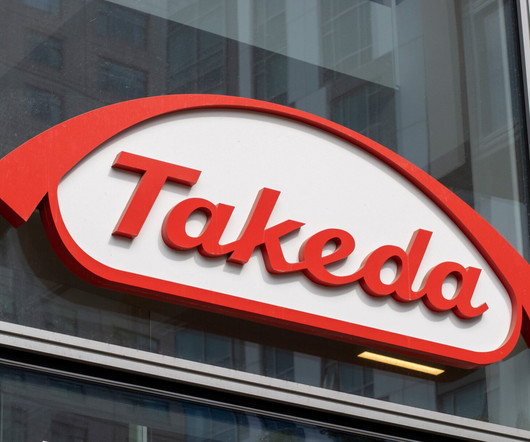
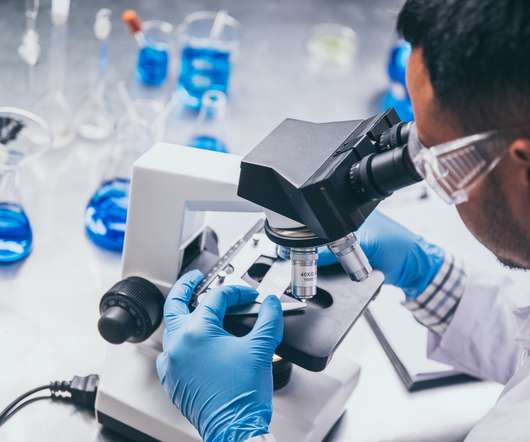
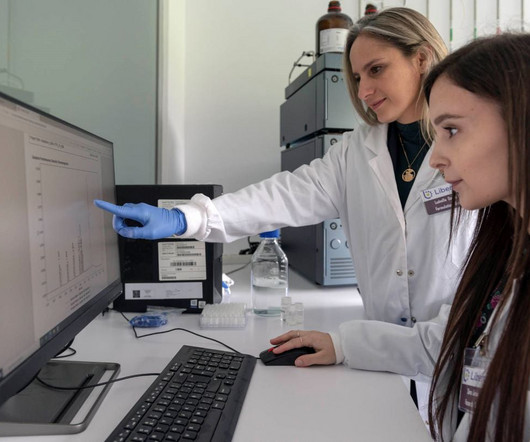
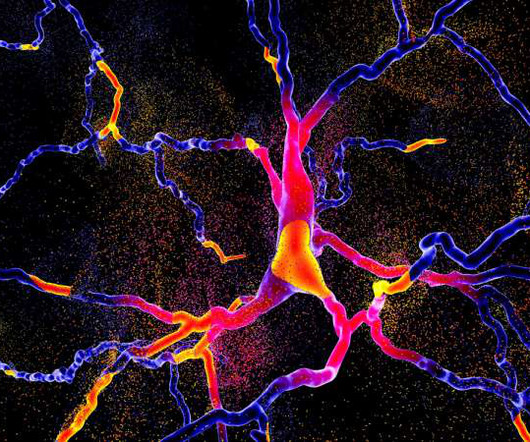







Let's personalize your content